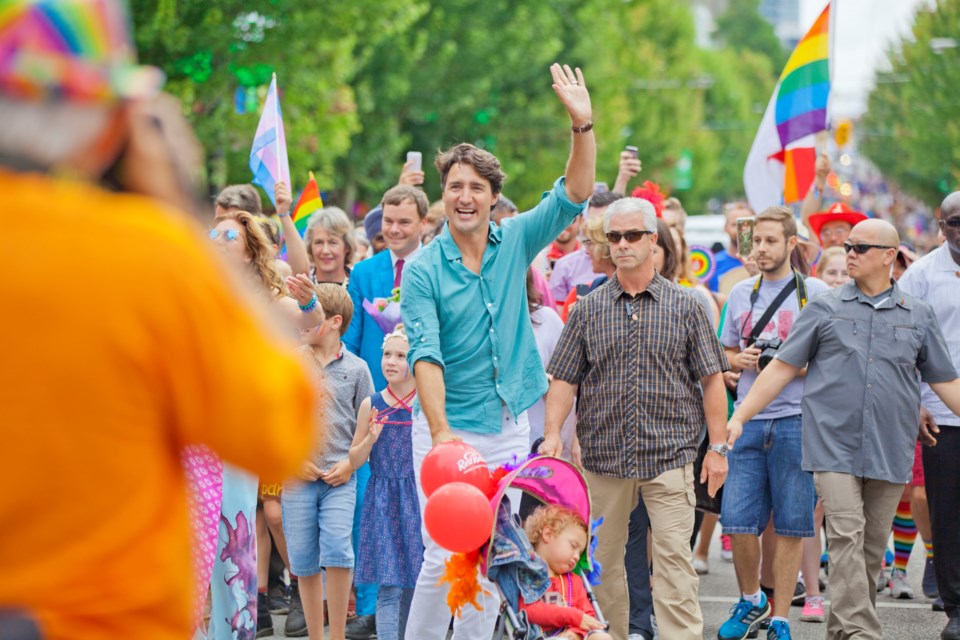There’s a rainbow crosswalk in downtown New Westminster.
Every year there’s a Pride festival here that celebrates the full diversity of gender identities and sexual orientations. People from all persuasions, and their allies, come out (no pun intended) to show their pride, support for each other and courage in the face of an often unwelcoming society.
There’s no question society has come a long way. If you have a rainbow flag on your car window, chances are a whole lot better nowadays that you won’t have your car window broken.
Gay folks can now marry legally and adopt children. There is legislation protecting their rights in the workplace and in housing. It is sometimes hard for those who grew up in the last 30 years to grasp that homosexuality was illegal, and gay men and lesbians were jailed for simply loving someone, that “coming out” often meant losing one’s children and that gay folk had to hide in fake marriages to keep their jobs.
But it would be foolish to think everything is wrapped up in a pretty rainbow flag.
Statistics Canada data released this week for 2016 show a 29 per cent increase in hate crimes. A large portion of that increase was for crimes targeting LGBTQ people. And those crimes were more violent than hate crimes against other groups.
Justin Trudeau’s apology this week, and his government’s pledge to pay reparations to the gay people who suffered punishing discrimination in the past, is a timely reminder that the equality we often take for granted is often gained through decades, if not centuries, of incremental steps forward – with some brutal setbacks on the way.
Does an apology make the pain go away? No, of course not. But it is a great contradiction to the oppression.
Many will see Trudeau’s apology as politically-motivated. We would like to believe it isn’t.
What support he may gain from these apologies and reparations will probably, unfortunately, be balanced by those who may not voice their disapproval at the water cooler but will strike back in the voting booth. But even if it is politically motivated, here’s the thing: At the very, very, least it will make a huge difference for many LGBTQ people and help educate Canadians on the hidden history of another.
And that’s a good thing.



